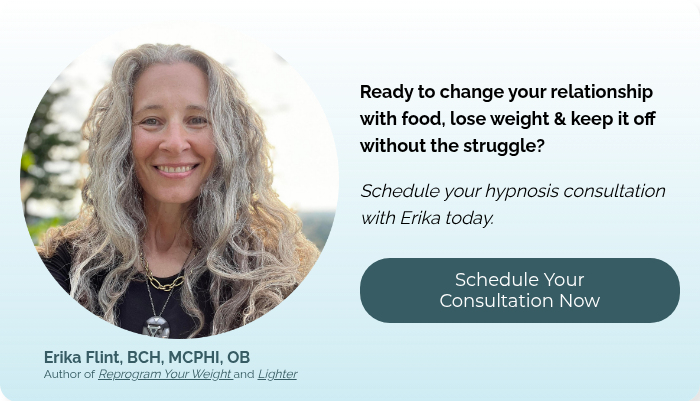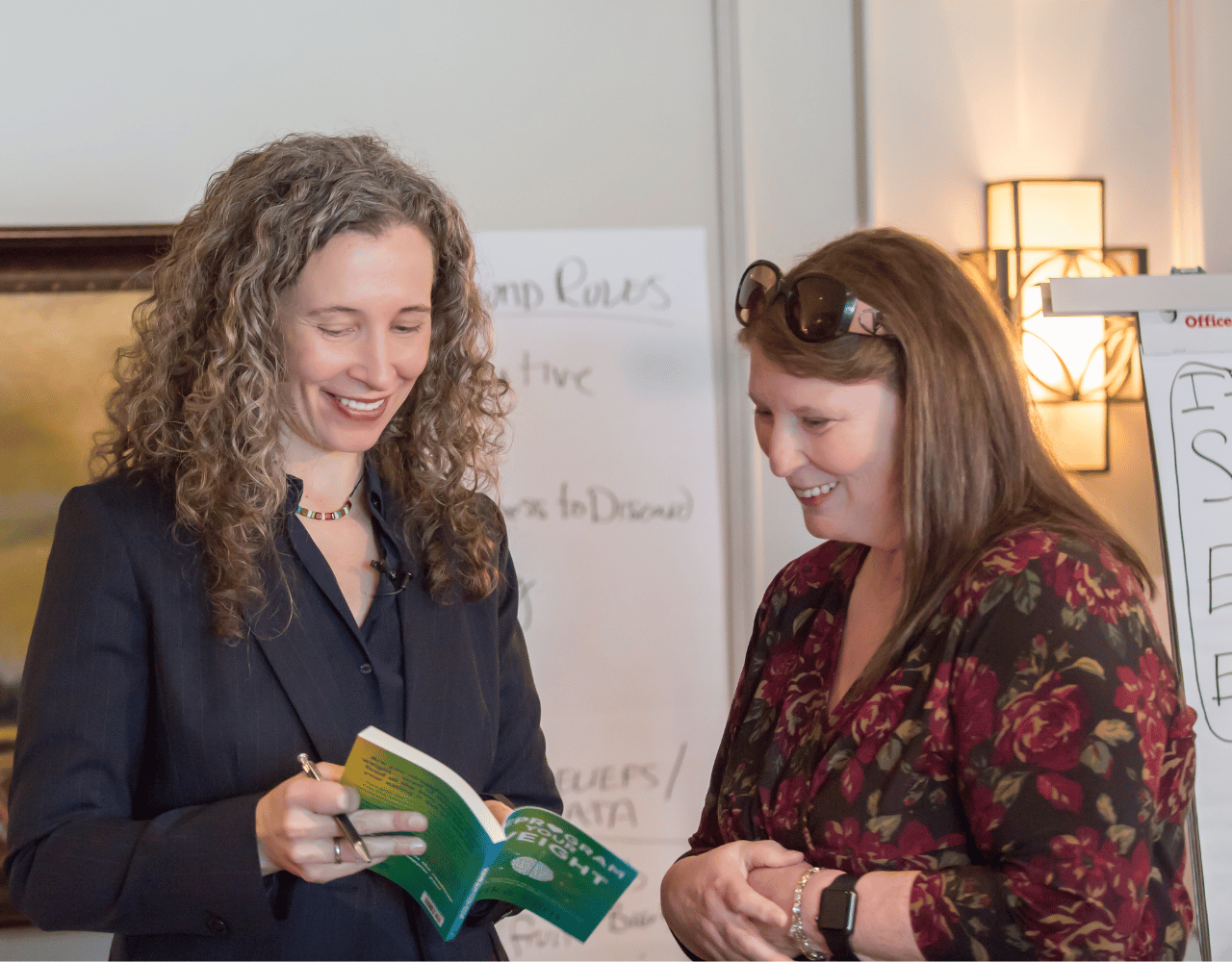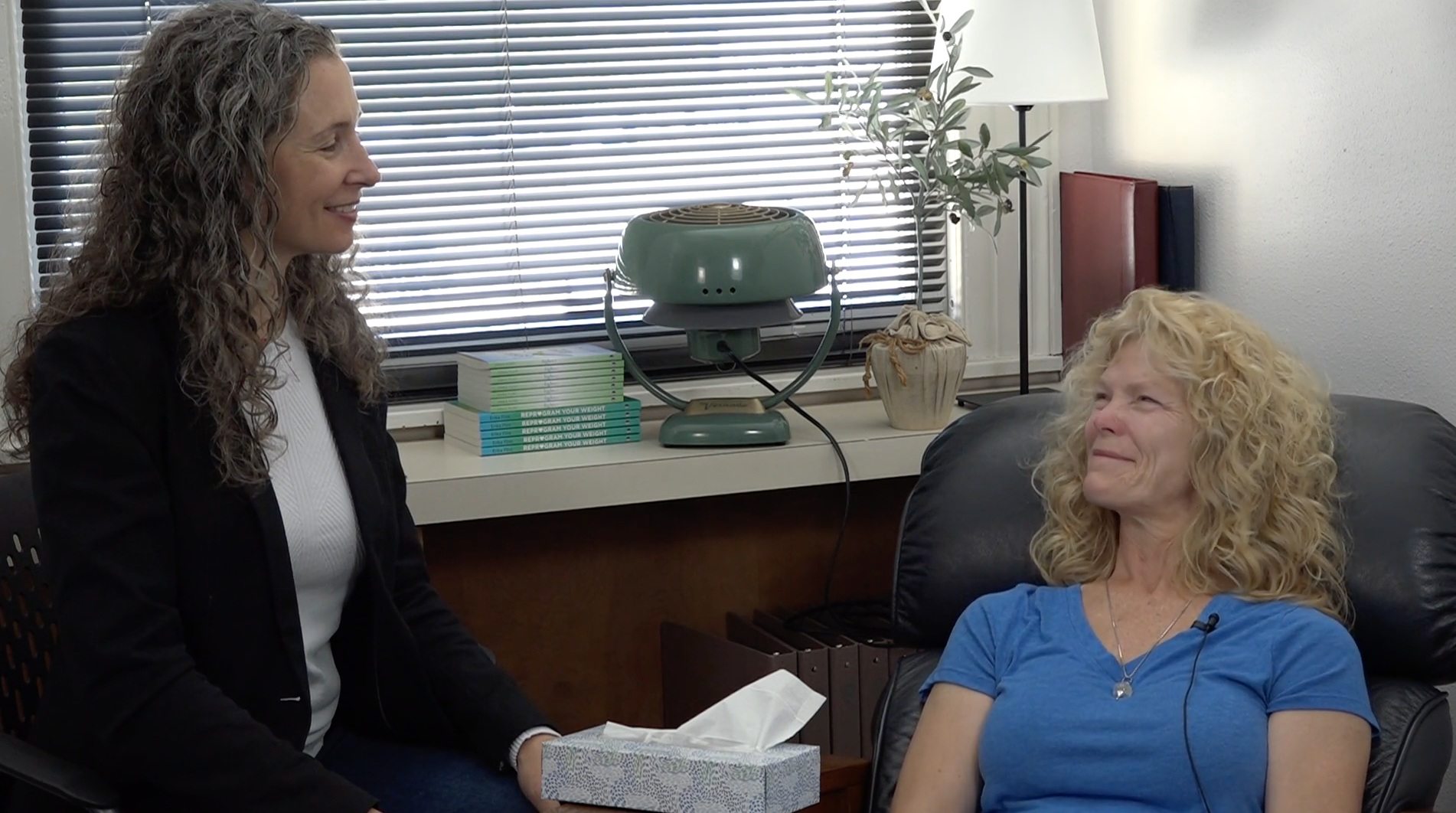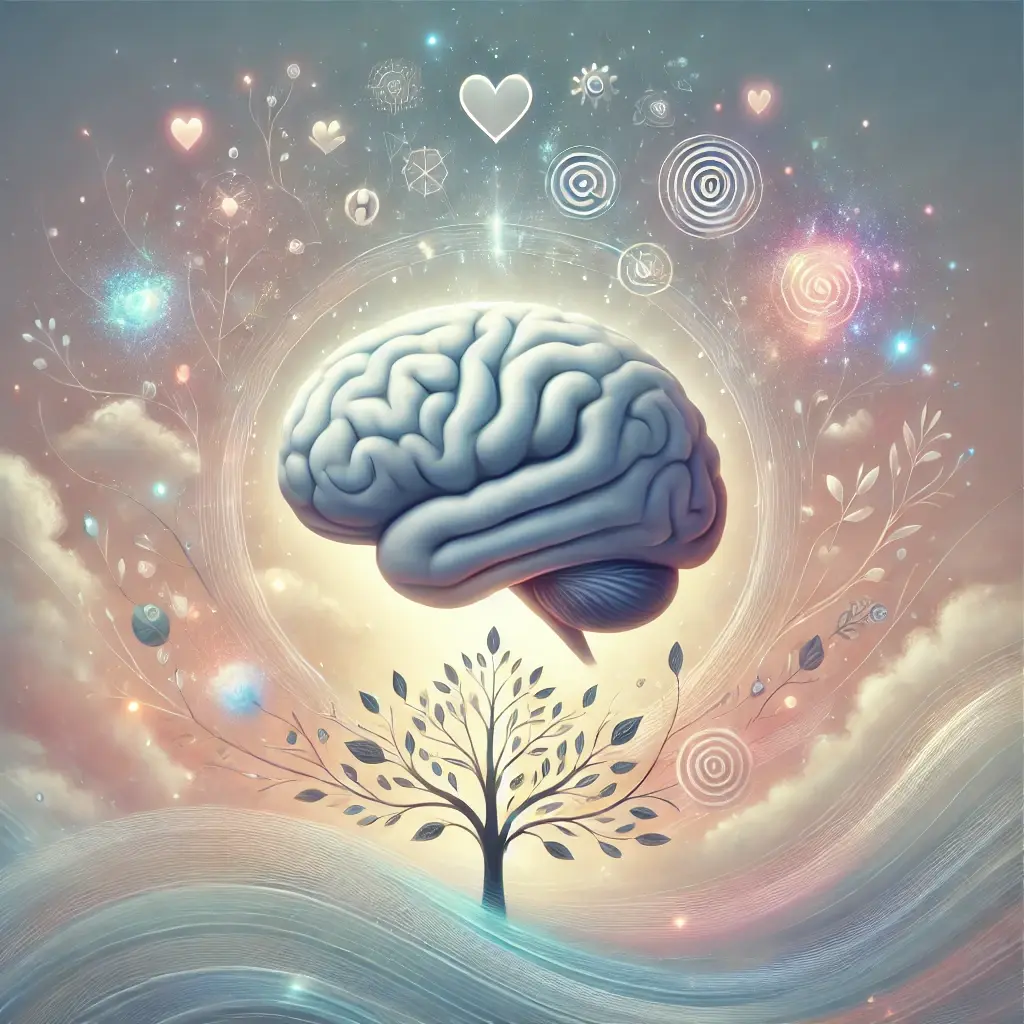When Food Becomes the Cover-Up (Breaking Free from Emotional Eating, Part 1)
Key Takeaway: Emotional eating shows up when you’re not physically hungry - a learned relief habit driven by feelings like anxiety, sadness, loneliness, or boredom. Treat feelings as signals: when the urge hits, pause, name the emotion, and notice it. That label interrupts late-night eating on autopilot and creates space for a better next step.
It's late at night and you're standing in front of the open refrigerator, staring at the shelves. You're not hungry - and you know you're not hungry - but you're looking anyway.
I see this pattern with clients all the time. Somewhere during the day, something happened. Maybe a difficult conversation at work. Maybe a moment of loneliness when you got home to an empty house. Maybe just that nagging sense that something isn't quite right in your life. And instead of feeling whatever that uncomfortable feeling is, we reach for food.
I've learned from years of working with emotional eaters that the food isn't the problem. If you’re not actually hungry, that craving is your brain trying to feel better fast - soothing stress, numbing loneliness, or breaking tension. This is emotional eating: using food to change a feeling, not to nourish your body.
What is Emotional Eating?
Emotional eating is eating in response to feelings - like stress, sadness, boredom, or loneliness - rather than physical hunger, as a quick way to change how you feel.
What Emotions Are Actually Trying to Tell Us
Emotions aren't the enemy, even though they feel that way sometimes. They're actually messengers carrying important information about underlying needs.
When you feel anxious, that’s your nervous system flagging uncertainty or a perceived threat - an invitation to get specific about what needs attention and take a stabilizing action, rather than reaching for a quick fix like food.
When you feel sad, it’s often pointing to loss; it needs to be felt and honored so you can move through it, instead of bypassing it (which tends to drive emotional eating).
When you feel lonely, the underlying need is usually connection or meaningful contact; ignoring it pushes people toward substitutes (food, scrolling, etc.) that don’t help.
These aren't "bad" feelings that need to be eliminated or controlled. They're signals from your internal guidance system, showing you what matters, what needs attention, and what's ready to shift in your life.
But when we use food to quiet those feelings, we miss the message entirely. We're essentially putting our hands over our ears while our inner wisdom is trying to speak to us. The emotion doesn't disappear when we eat. It just goes underground, waiting for another opportunity to surface and deliver its message.
The Cost of Covering Up
One of my clients described this pattern perfectly. She told me, "I spent twenty years eating my feelings, and all I got was twenty extra pounds and the same problems I started with."
Because that's what happens when we use food to avoid emotions. The feeling doesn't actually go away. It keeps sending up signals, getting louder and more insistent, trying to get our attention. Meanwhile, we gain weight, feel increasingly out of control around food, and beat ourselves up for "lacking willpower."
But willpower was never the issue. The issue was a feeling we didn't know how to be with, or a message we didn't know how to hear. When my client finally learned to pause and listen to what her emotions were trying to tell her, the emotional eating patterns began to change. Not because she got better at controlling herself, but because she got better at understanding herself and her deeper needs.
This Weekend, Get Curious
You don’t need to try to stop emotional eating through willpower, and I'm not here to just tell you to just stop. That approach rarely works and often just creates more shame, which can then trigger more emotional eating. Instead, I want to invite you to get curious about what's happening underneath the urge to eat.
This weekend, if you find yourself reaching for food when you're not physically hungry, pause for just a moment and ask yourself what you're actually feeling right now.
You don't have to fix the feeling. You don't have to change it or make it go away. You don't even have to stop eating if you decide that's what you want to do. Just notice what's there underneath the urge to eat.
Is it anxiety about an upcoming event? Boredom from a long afternoon alone? Loneliness after a friend canceled plans? Frustration about something at work?
Just name it, even if only to yourself, because your mind shifts the moment you name a feeling. You're no longer running from it or trying to keep it at bay. You're simply noticing it, and that simple act of awareness is often where real change can begin.
Over the next couple of days, I'm going to share more about how to work with emotions instead of eating them away, and how to let them guide you toward what you actually need. For now, just practice noticing - with kindness, because you're learning to listen.
Do you want to help people lose weight, end emotional eating, and so much more with the power of hypnosis? Our next Professional Hypnosis Certification starts January 25th.
Breaking Free from Emotional Eating:
- Read Part 2 here: What Happens When You Stop Running
- Read Part 3 here: A Different Way Forward





